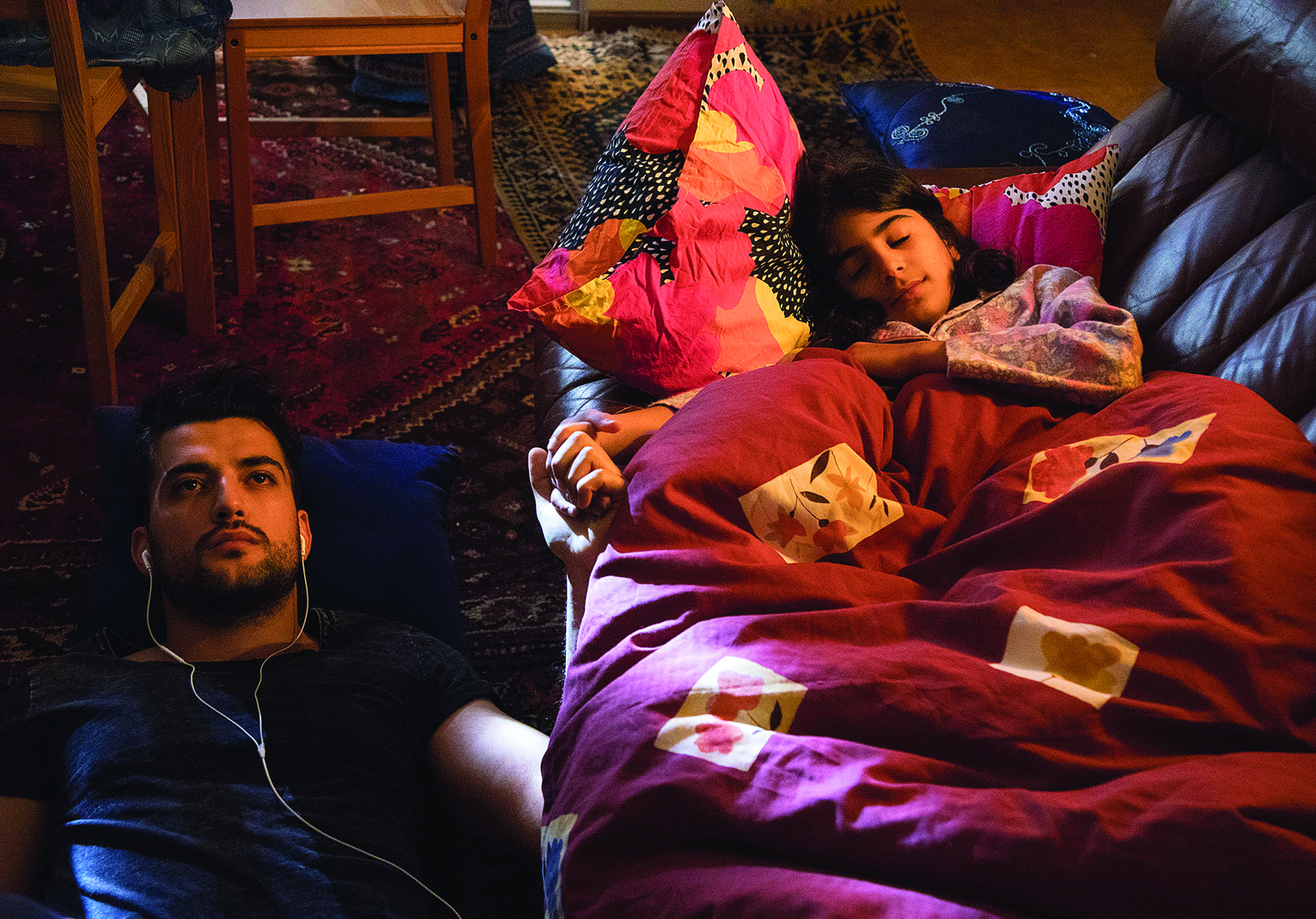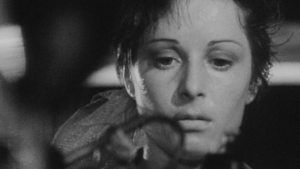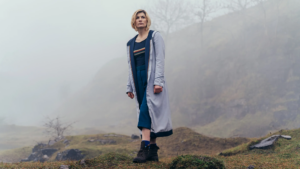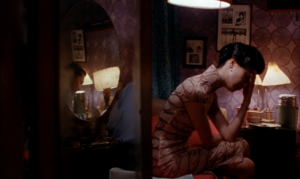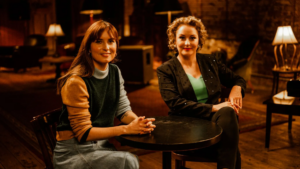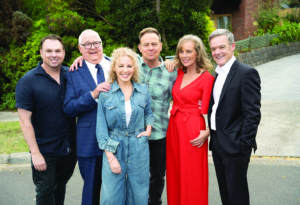Scroll through the American streaming service Peacock, owned by NBCUniversal, and you’ll find the Australian sharehouse drama Five Bedrooms. In the United Kingdom, BBC One is the home of The Heights. And on Disney+ in the United States, the animated series Bluey continues its quest for world domination. The presence of Australian television overseas means a bigger audience gets access to our stories as well as, hopefully, offering a career boost to local creators. But something more significant is at play now, because Australian television finally has a chance it’s rarely been given: to be itself.
The old measure of success for Australian television was to succeed at home and then get an American remake. This practice still happens with series like No Activity, The Moodys and Sisters (which was retitled Almost Family and then cancelled after one season); there was even an attempt in the US to remake Rake with Greg Kinnear replacing Richard Roxburgh, but let us never speak of that again (it was cancelled after one season – trend alert). However, the tendency to adapt a show rather than pick up the original series is beginning to shift, as Australian productions partner with streaming services and international networks for a major signal boost.
Now, nobody wants to pretend 2020 was a productive time for anybody. But the relative success of Australia in suppressing the spread of COVID-19 put the local television industry in a unique position. While so many other countries were still in lockdown, the industry was able to focus on development and complete shoots under strict COVID-safe protocols – which is also the reason why so many major American productions moved to Australia. It was estimated in December last year that thirty-seven international film and television productions, collectively worth more than A$2 billion, were underway here.
The SBS miniseries New Gold Mountain exemplifies how the Australian television industry was able to maintain a little momentum while the rest of the world stalled, and now has shows ready to bump into disrupted schedules overseas. Set in the Bendigo goldfields in 1855, the series began filming late last year with the pandemic still in full swing around the world. Likewise, the ABC comedy series Why Are You Like This was added to Netflix in the US in April 2021, while the psychological mystery series Wakefield is expected to arrive in Europe via the BBC later in the year. Other shows – like the ABC’s The Newsreader, set in a commercial television newsroom in the 1980s, and The Fires, an anthology work based on true stories from Australia’s recent mega-fire season – are poised to make their mark overseas. After local success, Stan’s Bump is expected to travel too, along with the upcoming drama series Eden. Overseas networks will be betting on these shows to replace whatever has been delayed on their own production schedules.
The Australian television export market has a bright outlook, but the shows that are already out there continue to perform beyond expectations. The prison drama Wentworth got attention overseas after it was added to Netflix in the US in 2014, and later began streaming on Amazon Prime in the UK. Its audience abroad has grown with subsequent seasons (indeed, one could argue the series is better known overseas than in Australia). Likewise, since 2018, The Heights has been the number one Australian daytime drama airing on BBC One, drawing an average daily audience of over 1 million viewers during 2020 – with the actual figure likely to be considerably higher when one factors in the streaming numbers from BBC iPlayer (where the show is available on demand).
And then there’s Bluey. The animated series already had a huge fan base of children and adults before 2020, but its relevance grew as parents turned to the series for inspiration and hope during the pandemic, here and abroad. As US-based columnist Lizzie Widdicombe wrote in The New Yorker,
It’s interesting to think about how COVID-19 has affected the learning process depicted in Bluey. Over the last few months, my daughter has been deprived of playmates her own age. But we’ve had a good time together. And her father and I have discovered our inner two-year-olds.
It’s heartening to know that this popular kids show, like a lot of Australian television exports at the moment, can survive on its own terms. But it’s worth remembering that even Bluey once had its Australian identity challenged when overseas networks demanded that its Australian cast be replaced with American voice actors. Luckily, Ludo, the animation studio that makes the series, said, ‘Yeah, nah.’
How we value Australian television is often measured in bigger overseas audiences and its ability to travel further than our shores. Most of this column is dedicated to justifying those markers as a measure of success. But the real victory here lies in the pride. Australian television can now retain its identity on the world stage – bloody oath.
